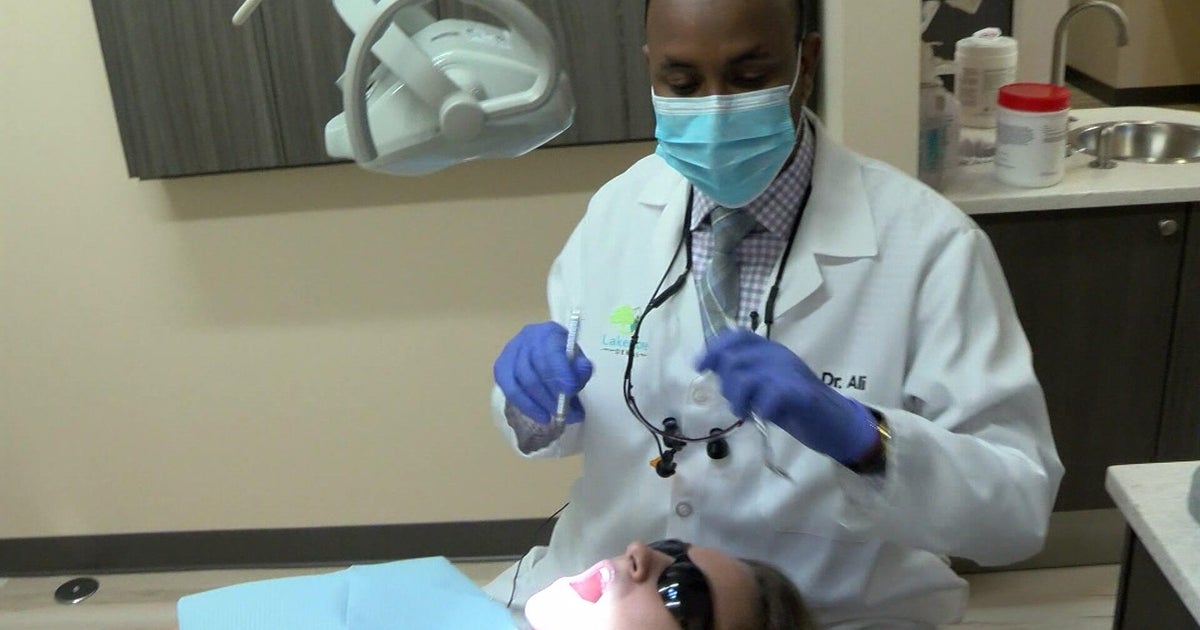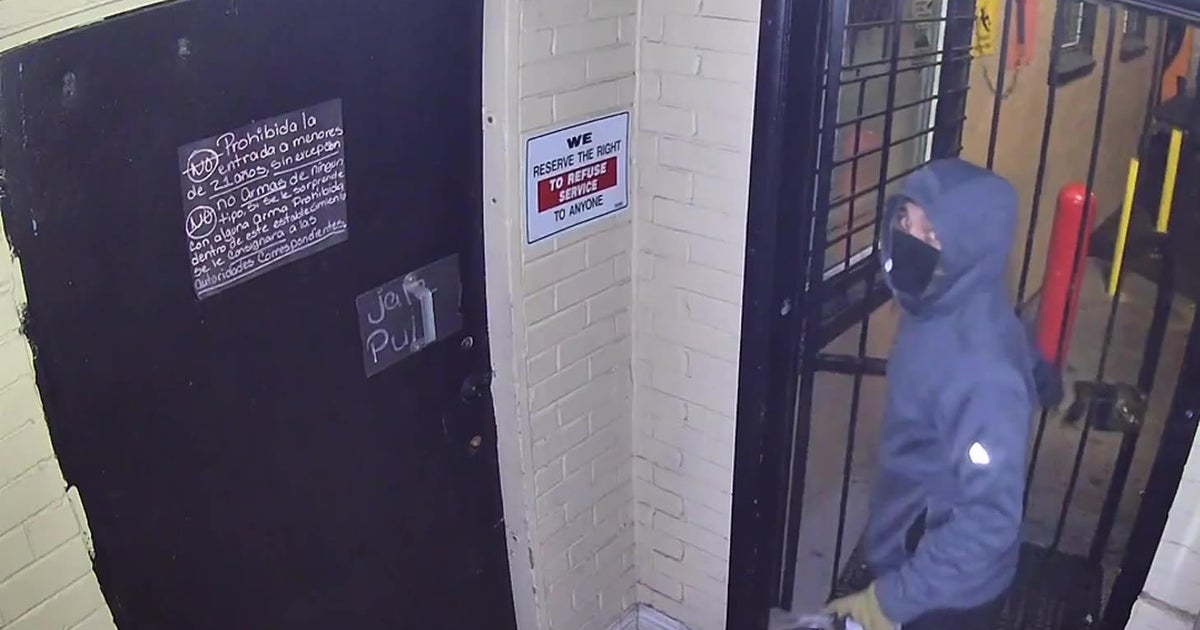WARNING: 3 New Scams Targeting COVID-19 Relief Payments
DALLAS (CBSDFW.COM) - IRS criminal investigators are warning Americans to watch out for COVID-19 payment scams.
"(The government) has put out a lot of mechanisms to help people financially through the pandemic and now those mechanisms are being exploded by criminals," said IRS Special Agent in Charge Mark Pearson.
Pearson said with each round of federal stimulus checks has come a spike in reported scams.
"The volume is unbelievable," he said. "This is historically the greatest amount of fraud we've ever seen."
Here are three new COVID-19 relief scams to look out for:
#1 FTC email scam
Investigators say the scam starts with an email that looks to be from Joe Simons of the Federal Trade Commission.
The email says you're getting COVID-19 relief money and includes a fake certificate from the Treasury Department.
If you reply, they say you have to pay taxes before you get your money. That should be a red flag.
However, to convince you, they send a fake letter from the IRS.
If you pay, the scammers push it further. They say you now must pay the State Department for a certificate that proves the funds are not related to any terrorist activity.
#2 Stimulus check text scam
The text message says, "You have received a direct deposit of $1,200 (or $600) from COVID-19 TREAS FUND. Further action is required to accept this payment into your account. Continue here to accept this payment (web address)".
The message includes a link that directs you to what looks like the IRS website but, of course, it's not.
The site asks for personal and bank account information.
The IRS says it does not send out unsolicited text messages or emails.
#3 IRS phone call scam
Don't trust the caller ID as it can be easily rigged to appear a call is from a government agency.
The IRS says it will never call you demanding immediate payment on taxes owed.
Scammers often use the fact that you've recently received a stimulus check as the reason you can afford to pay.
"These calls get threatening and they demand that you make payments to them because there is a lean against you and you need to do this or you'll be sent to jail, which obviously is never the case," said Pearson.
The IRS also does not call people with threats of jail or lawsuits.
How to report a scam
If you receive a call like this, a suspicious text message, or email, the IRS and the U.S. Department of Justice wants you to report it to them.
COVID-19 scams can be turned into National Center for Disaster Fraud (NCDF) Hotline at 1-866-720-5721 or submitted through the NCDF Web Complaint Form.
Taxpayers can also report fraud or theft of their stimulus payment to the Treasury Inspector General for Tax Administration (TIGTA). Reports can be made online.
Taxpayers who receive unsolicited emails that appear to be from either the IRS can forward the message to phishing@irs.gov.
MORE FROM CBSDFW
- 2 New Federal Charges For North Texas Realtor Jenna Ryan Following Capitol Riot
- Southlake Town Hall Reopens After Evacuation Due To Suspicious Package
- Texas AG Ken Paxton Claims 'Victory' After Judge Bars President Biden From Enforcing 100-Day Deportation Ban








